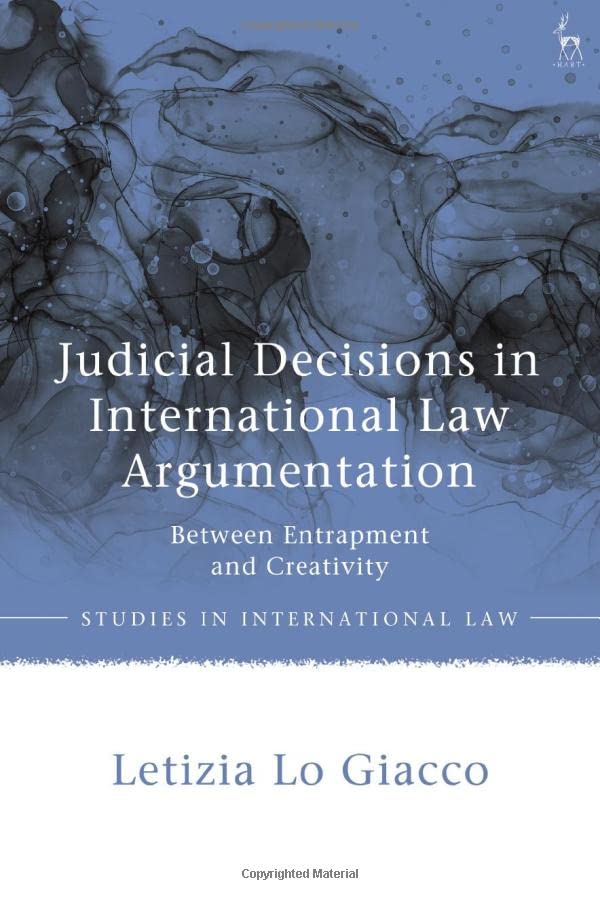

Most ebook files are in PDF format, so you can easily read them using various software such as Foxit Reader or directly on the Google Chrome browser.
Some ebook files are released by publishers in other formats such as .awz, .mobi, .epub, .fb2, etc. You may need to install specific software to read these formats on mobile/PC, such as Calibre.
Please read the tutorial at this link: https://ebookbell.com/faq
We offer FREE conversion to the popular formats you request; however, this may take some time. Therefore, right after payment, please email us, and we will try to provide the service as quickly as possible.
For some exceptional file formats or broken links (if any), please refrain from opening any disputes. Instead, email us first, and we will try to assist within a maximum of 6 hours.
EbookBell Team

4.3
8 reviewsThis book explores the question of how the multiplication of judicial decisions on international law has influenced the way in which legal findings in international law adjudication are justified. International law practitioners frequently cite judicial decisions to persuade. Courts interpreting international law are no exception to this practice. However, judicial decisions do much more than persuading: they enable and constrain interpretive discretion.
Instead of taking the road of the sources of international law, this book turns to the somewhat uncharted terrain of legal argumentation. Using international criminal law as a case study, it shows how the growing number of judicial decisions has normalised courts' resort to them in legal justification and enabled some argumentative practices to become constitutive of international law. In so doing, it critically revisits the implications of an iterative use of judicial decisions, and reassesses the influence of the 'judicialisation turn' on the ways in which the meaning of international law is formed, shaped and reshaped by reference to judicial decisions.